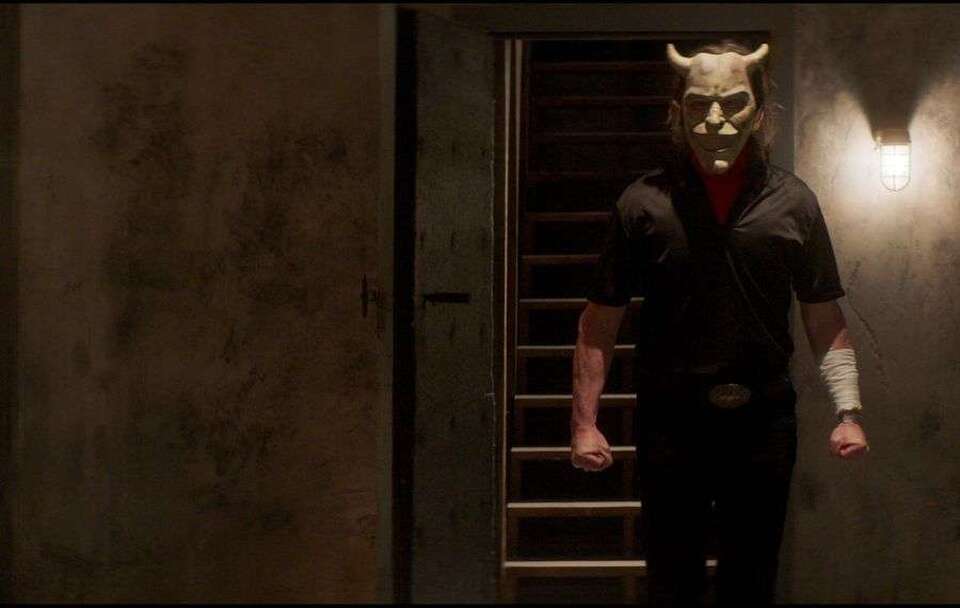Scott Derrickson stands out as one of the most thrilling and innovative directors in the realm of horror cinema today. His filmography is marked by a fearless exploration of the supernatural, blending it seamlessly with elements of reality. In 2005, he co-wrote and directed The Exorcism of Emily Rose, a genre-defying masterpiece that challenged our understanding of the supernatural. This film wove a gripping narrative around Catholic exorcisms and satanic possession, leaving audiences pondering the boundaries of reality. It posed the unsettling question: Could this chilling tale be more fact than fiction?
The Black Phone: A Chilling Evolution
Derrickson’s 2012 offering, Sinister, further solidified his reputation as a visionary horror director. Co-written with C. Robert Cargill, the film drew inspiration from classics like The Ring while delving into the concept of being ensnared by moving images. The ancient demon Bughuul used film footage to lure victims into the underworld, eschewing cheap jump-scares for a more profound exploration of the film medium itself. The use of Super8 footage in Sinister delivered a haunting otherworldly experience, making viewers feel as if they, too, were being drawn into the gruesome scenes. It played on our fear that the image itself could possess and torment us.
Now, Derrickson and Cargill return with The Black Phone, a dark and chilling tale that surpasses their previous work. With echoes of Sinister, the film features Ethan Hawke, who once again delivers a captivating performance. The Black Phone, delves into the terrifying realm of child abduction, much like its predecessor, and raises the intriguing possibility of a shared cinematic universe.
Stellar Cast and Terrifying Realism

The cast of The Black Phone, shines, with standout performances from Finney Shaw as Mason and Madeleine McGraw as Gwen, a character who exudes wit and confidence. Hawke, portraying the monstrous kidnapper known as The Grabber, masterfully conveys the character’s complexity, creating intense tension through voice and body language, all while concealed behind a disturbing mask.
Set in 1970s North Denver, the film explores the life of a dysfunctional family, with Finney and Gwen living under the oppressive rule of their alcoholic and abusive father. Gwen’s inherited ability to connect with other dimensions through her dreams becomes a source of fear and violence in their home. Derrickson skillfully weaves the supernatural with earthly horrors, delving into the darkest corners of the human psyche.
The Black Phone,offers a visceral viewing experience, depicting bloody fights among children, pervasive bullying, and a sense of impending doom that engulfs the neighbourhood. The cinematography brilliantly combines Super 8 footage with digital, creating a visual narrative that blurs the lines between time and reality. It’s a cinematic journey that seeks to possess, transform, and immerse the audience in a hauntingly immersive world.
In conclusion, The Black Phone is a horror film that not only terrifies but also provokes thought and even laughter at times. Scott Derrickson demonstrates that his foray into the Marvel universe has not deterred him from crafting sophisticated and deeply resonant projects. As he continues to push the boundaries of horror cinema, we can only anticipate more spine-tingling and intellectually stimulating experiences from this masterful director.

